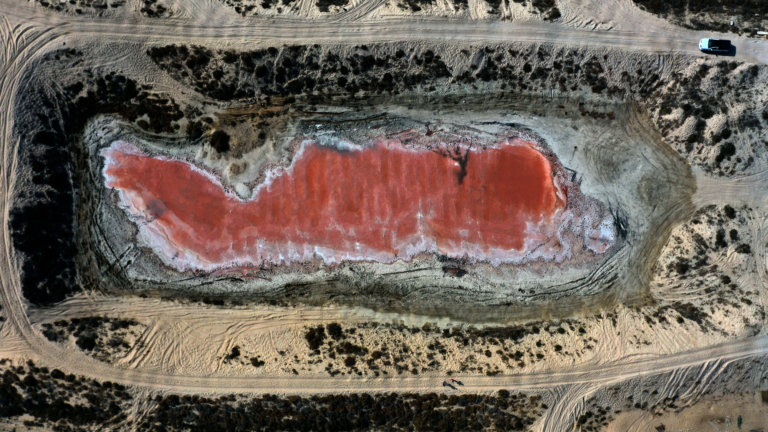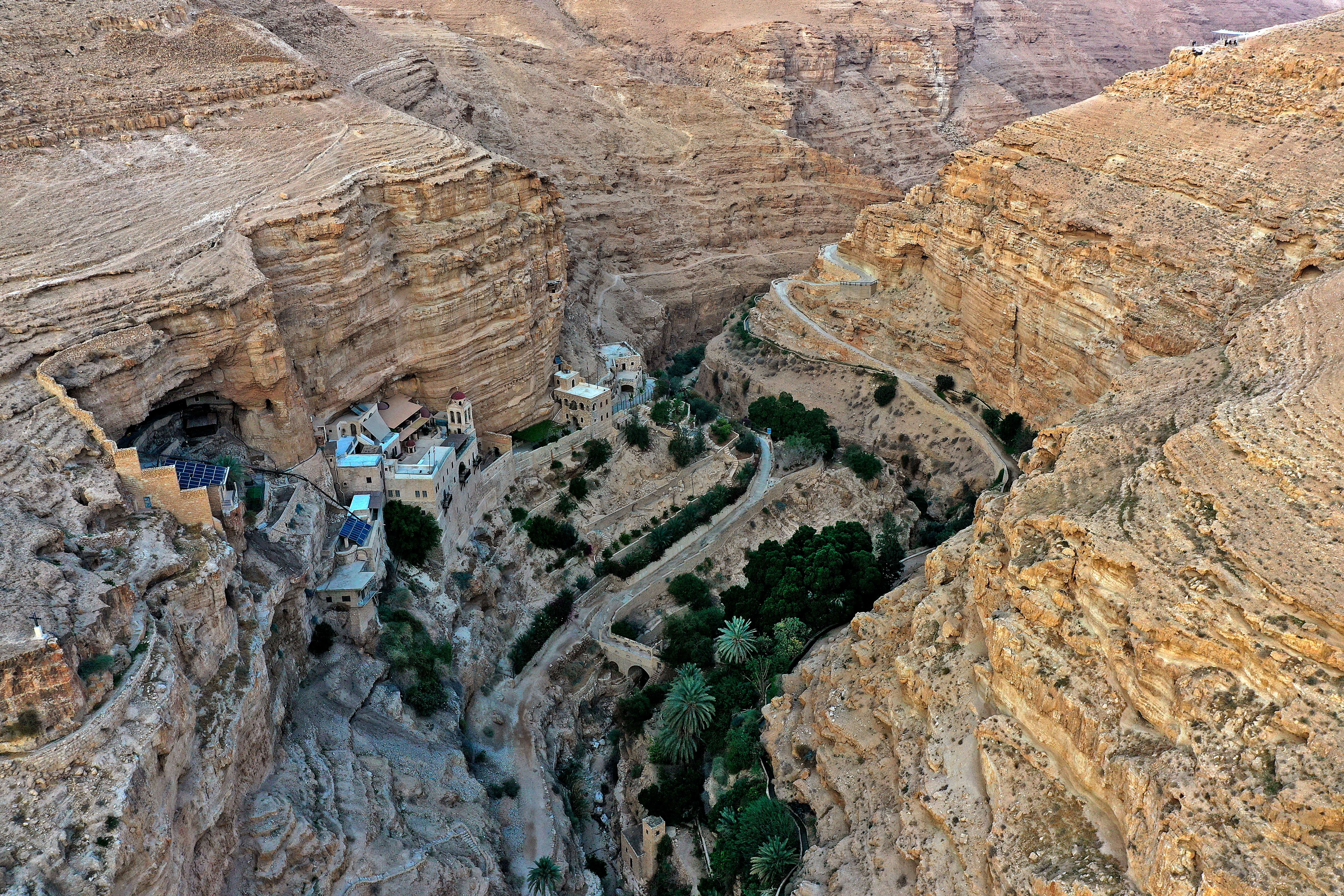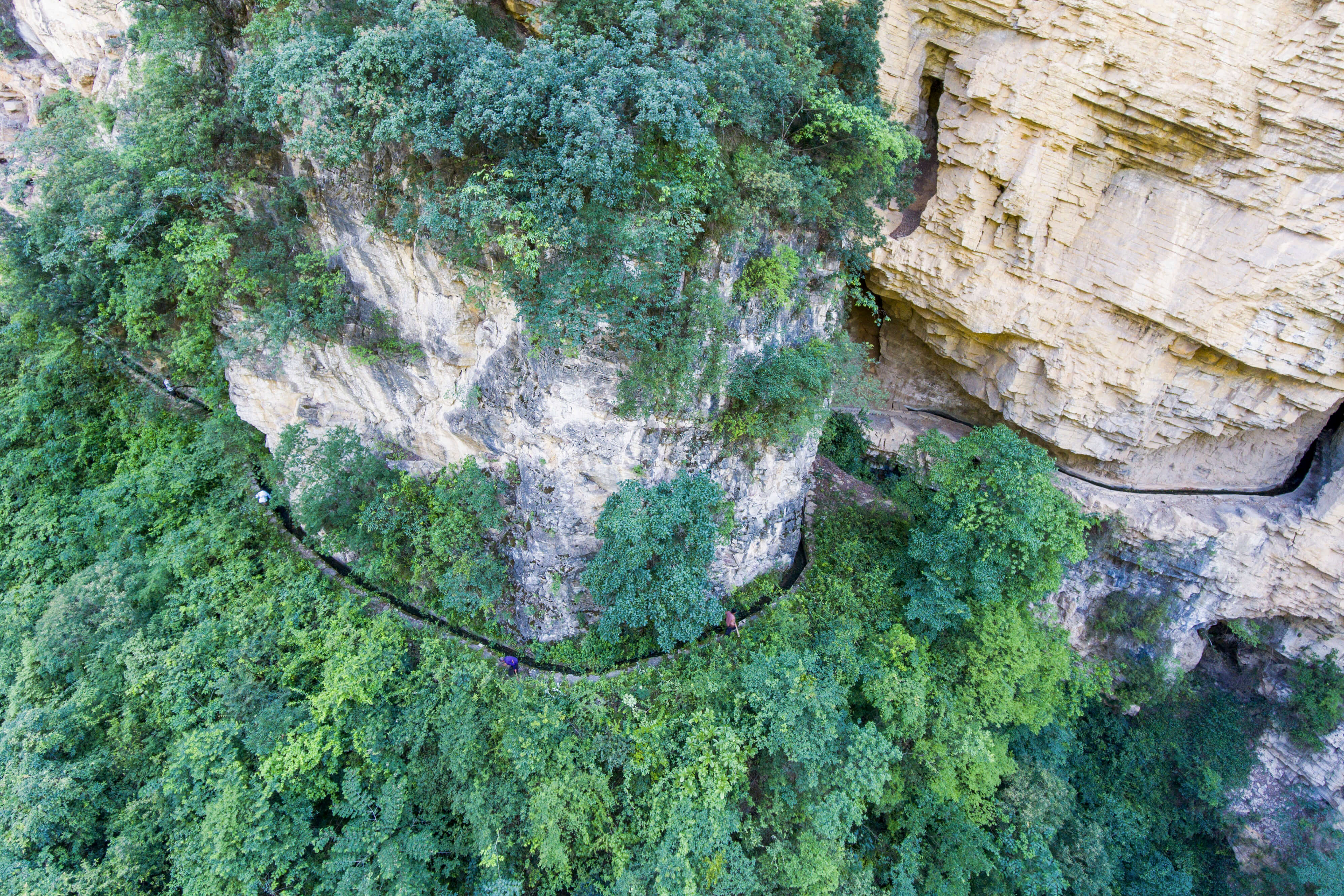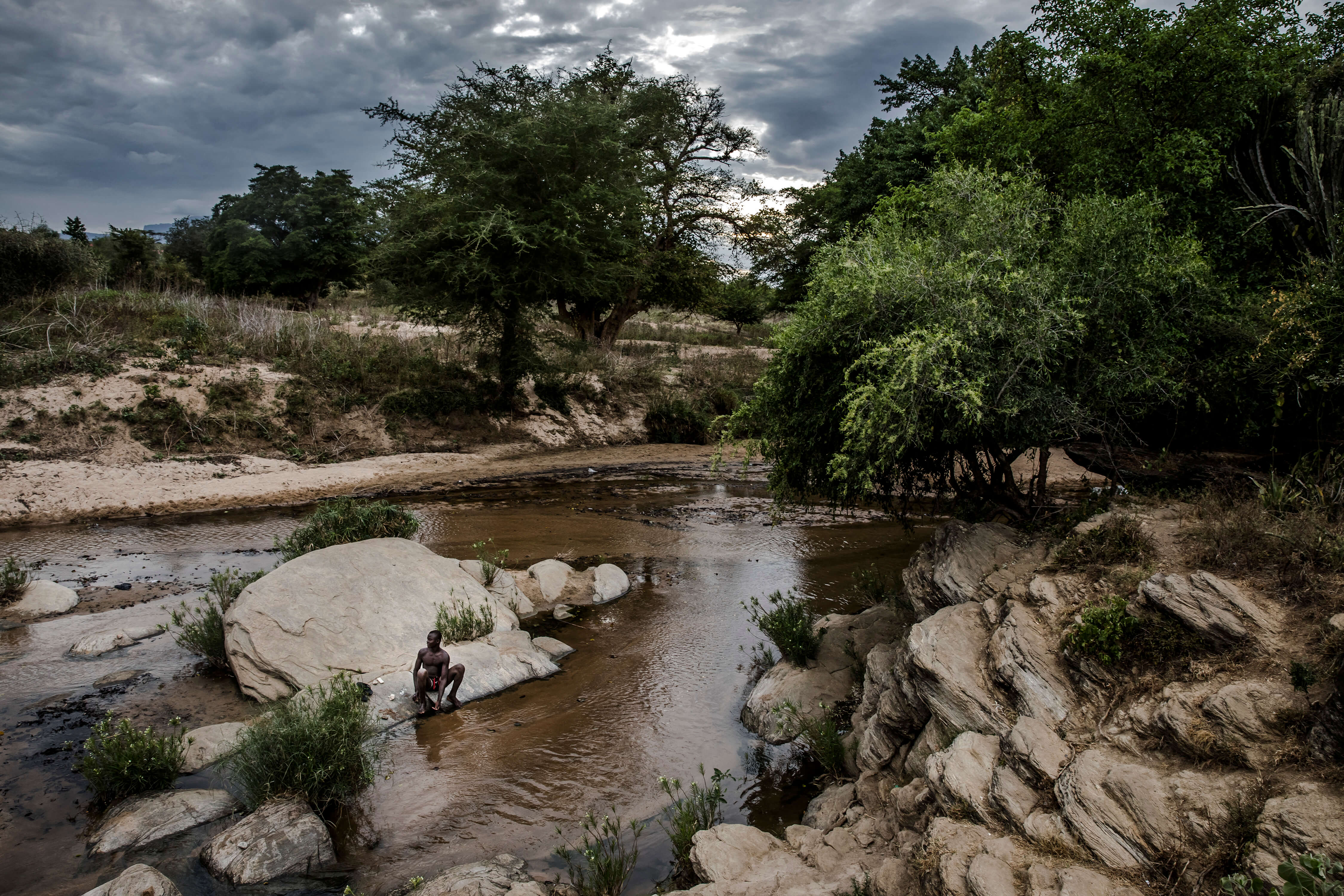
A degree in geography would encompass the study of places and the relationships between people and their environment. It explores the physical properties of this planet and the human societies spread across it. Basically, where things are located, why they are there, and how they change or develop over time.
Established more than 2,000 years ago by the Greeks, whose language helped form the word, “geo” and “graphein” combined to make the word: earth description.

The Monastery of Saints John and George of Choziba, mostly known as Saint George Monastery in Wadi Qelt, in the Judean desert between Jerusalem and Jericho. Source: Menahem Kahana/AFP
Today, you can put away your compass from the 11th century. Nowadays getting a job with a degree in geography can range from being an environmental consultant, a cartographer, a conservation officer and a landscape architect, to name a few. This all depends whether you’re more of a physical geographer (MSc/BSc) or a human geographer (MA/BA). Below we give you the low-down on what it takes to study this subject:
Entry requirements
To study geography, you must have a knack for it and prove that it shows during your high school years. A-Levels, BTECs, GCSEs and IBs are all requirements to apply for this field of study at the undergraduate level. For most unis you’ll also need to prove your efficiency in the English language through an exam such as the IELTS.

The eight-kilometer-long channel was cut into cliffs by villagers in the 1950s to provide water for farmland and continues to provide water for 4000 acres of farmland. Source: STR/AFP
What you’ll study
A BA/MA in Geography is concerned with the study of human societies — a social science — and how they operate, develop and face challenges. This covers topics such as population change, cultural and religious practices or aspects of globalisation.

Kanyangareng River in Amudat, Uganda next to the Kenyan border. The Karamoja Cluster of Eastern Africa is an area located between the borders of Kenya, Uganda, South Sudan and Ethiopia. Source: Luis Tato/AFP
A BSc/MSc in Geography, on the other hand, is all about understanding Earth’s physical processes. This covers climates, weather systems, earthquakes, rock formations and more — even down to what’s happening to the ocean floor.
Kanyangareng River in Amudat, Uganda next to the Kenyan border. The Karamoja Cluster of Eastern Africa is an area located between the borders of Kenya, Uganda, South Sudan and Ethiopia. Source: Luis Tato/AFP
What jobs you can get
A climate change analyst evaluates scientific data and research to create models and predictions about what could happen to our planet’s climate in the future. It comes with a median salary of US$71,360 a year.
Imagine using scientific principles to understand and explain the earth’s atmospheric phenomena and how it affects life on this planet. You could be earning up to US$99,698 a year.
If you really care about sustainability, you could opt to be a soil conservationist — professionals who ensure soil stays healthy. They work in the field alongside farmers who help us put food on the table. Expect to earn a median wage of US$58,466 a year.










